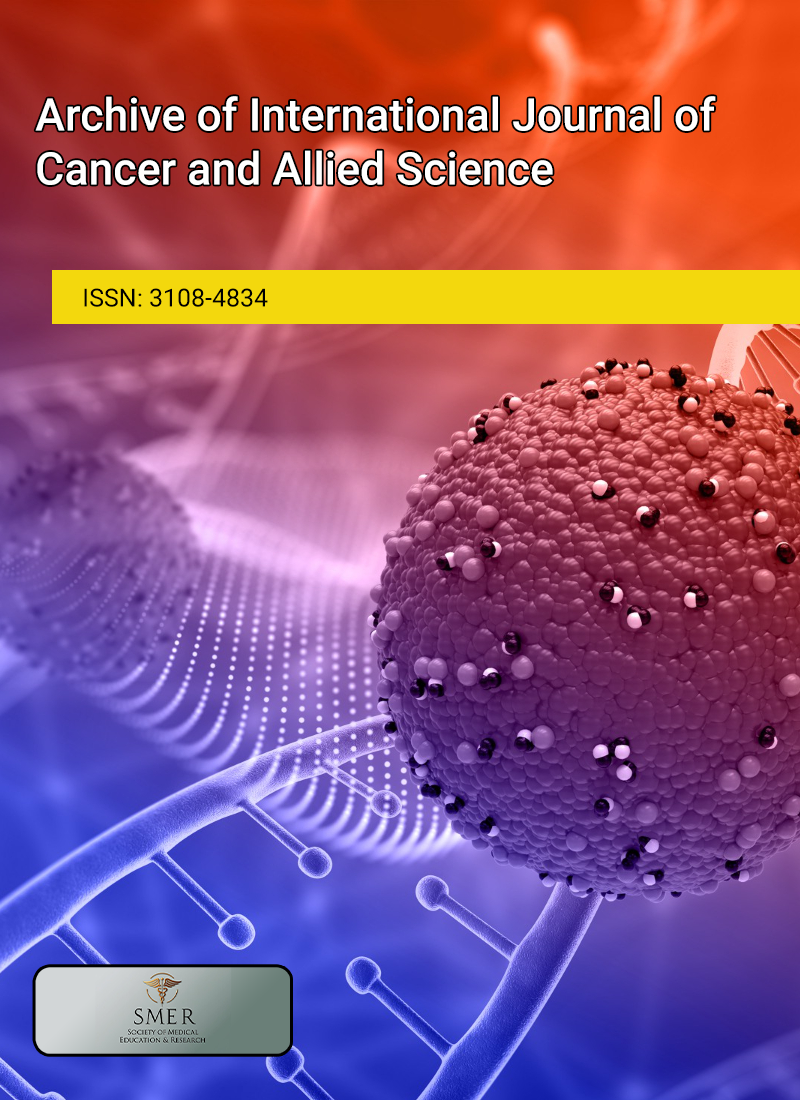
The use of selenium nanoparticles in pharmaceutical research is well-documented in the scientific literature, particularly regarding their therapeutic potential in treating a variety of conditions such as hepatitis C, cancer, thyroid disorders, cardiovascular diseases, asthma, and more. This research investigated the effect of selenium nanoparticles on cancer tumor development. The study involved five groups of white laboratory mice: group 1, a healthy control group, group 2, a negative control group, which consisted of mice infected with EPNT-5 cancer cells, group 3, which received selenium nanoparticles after being infected, group 4, which was treated with both selenium nanoparticles and immunoglobulin imG, and group 5, which received only immunoglobulin imG after infection. The experiment monitored both the progression of the disease and the behavior of the mice. At the end of the 4 weeks, blood samples were taken for general and biochemical testing, and the internal organ masses of the mice were also evaluated.